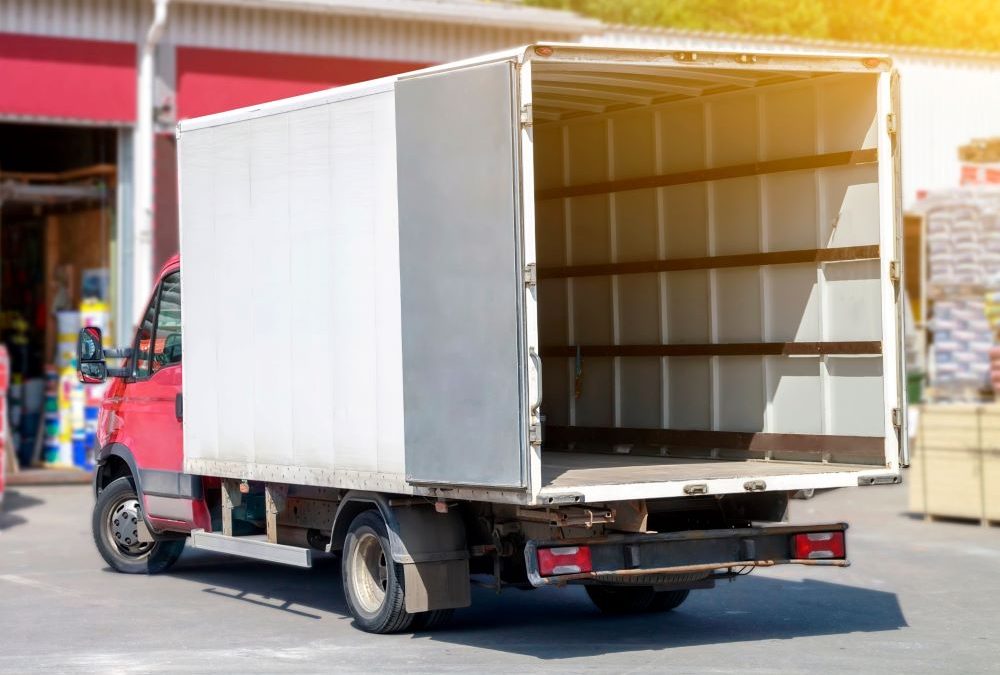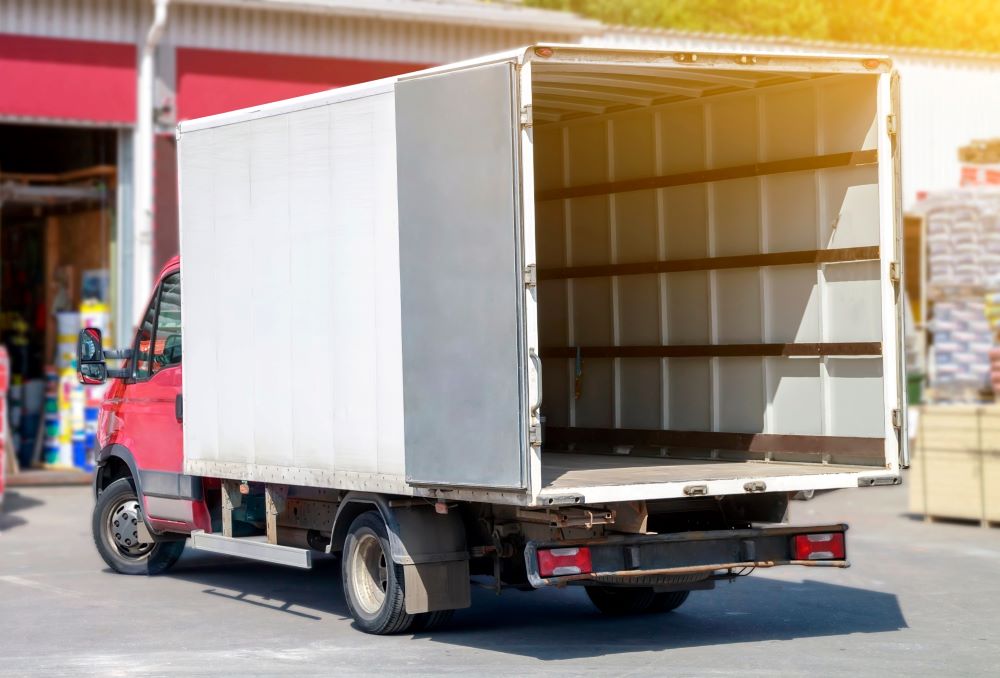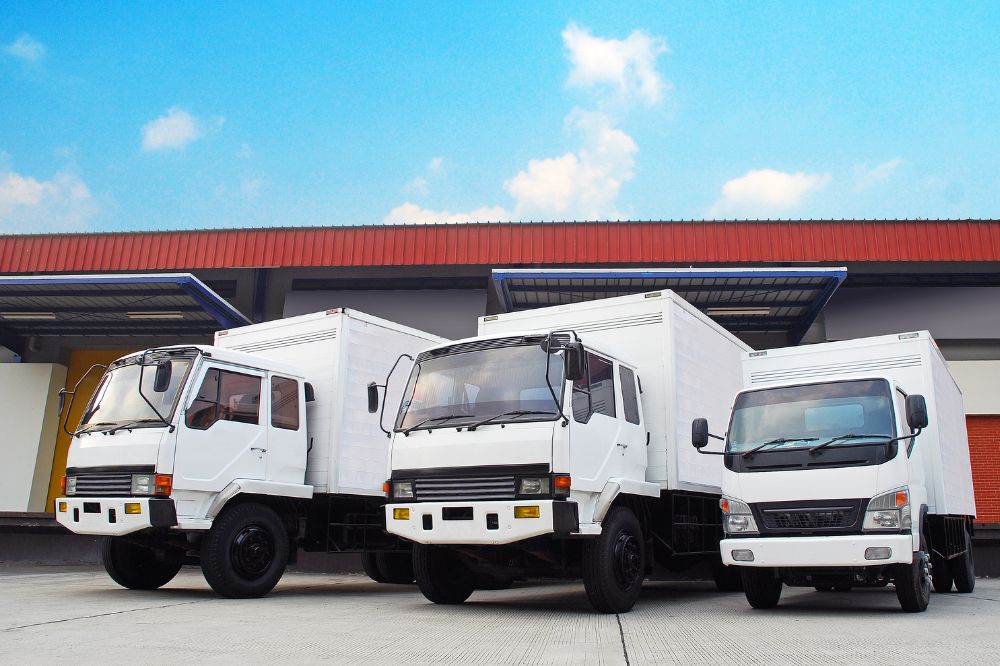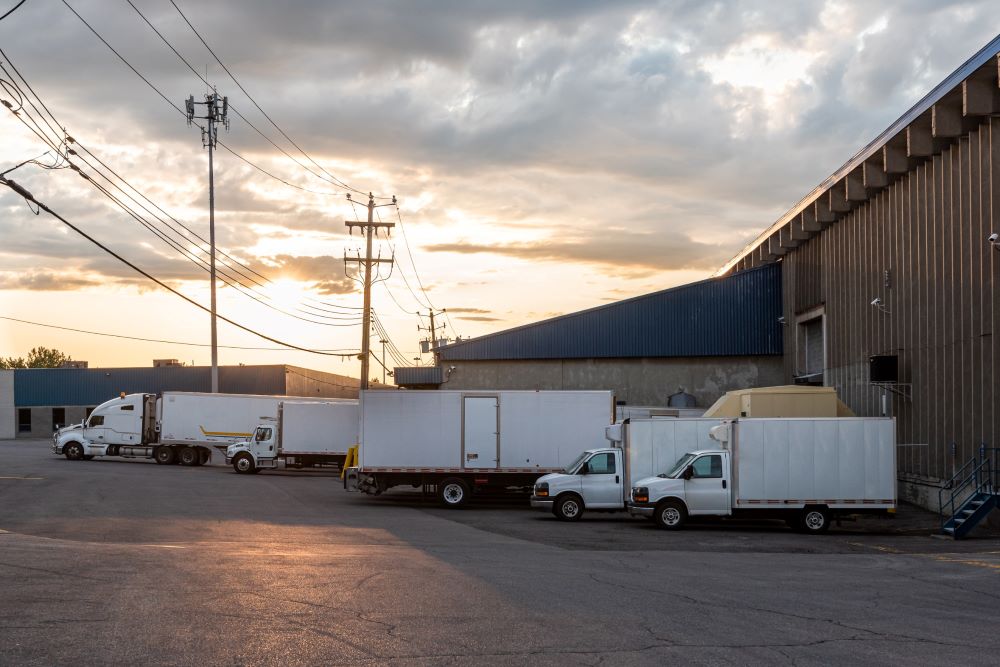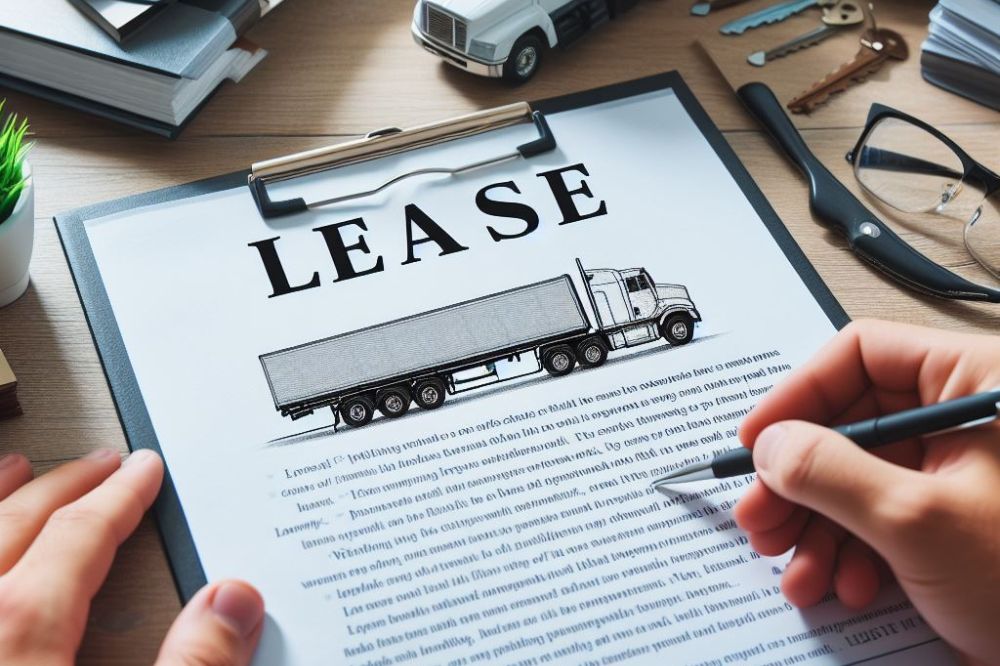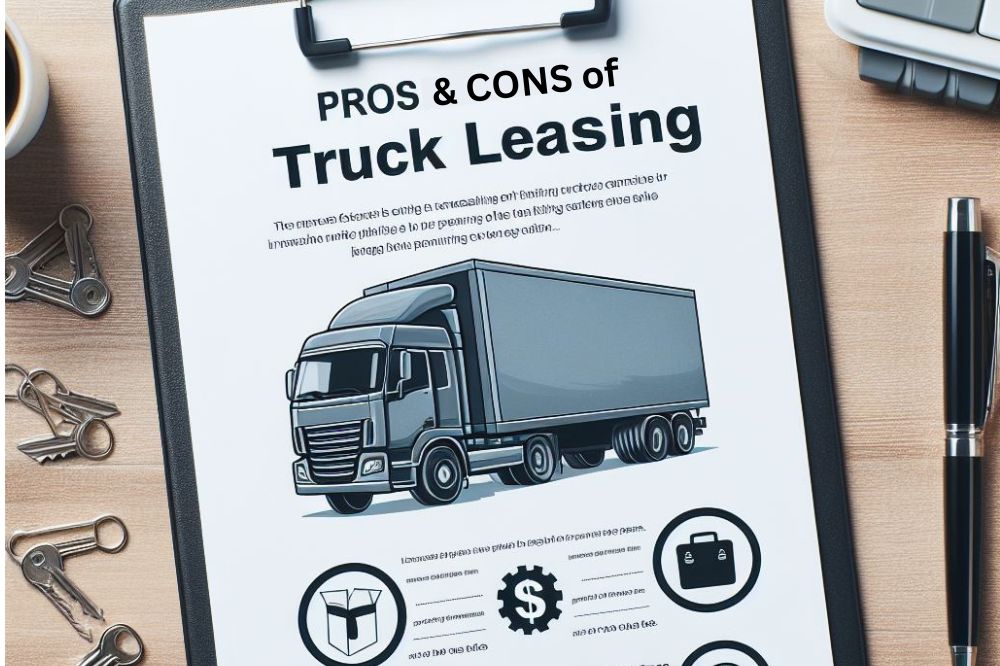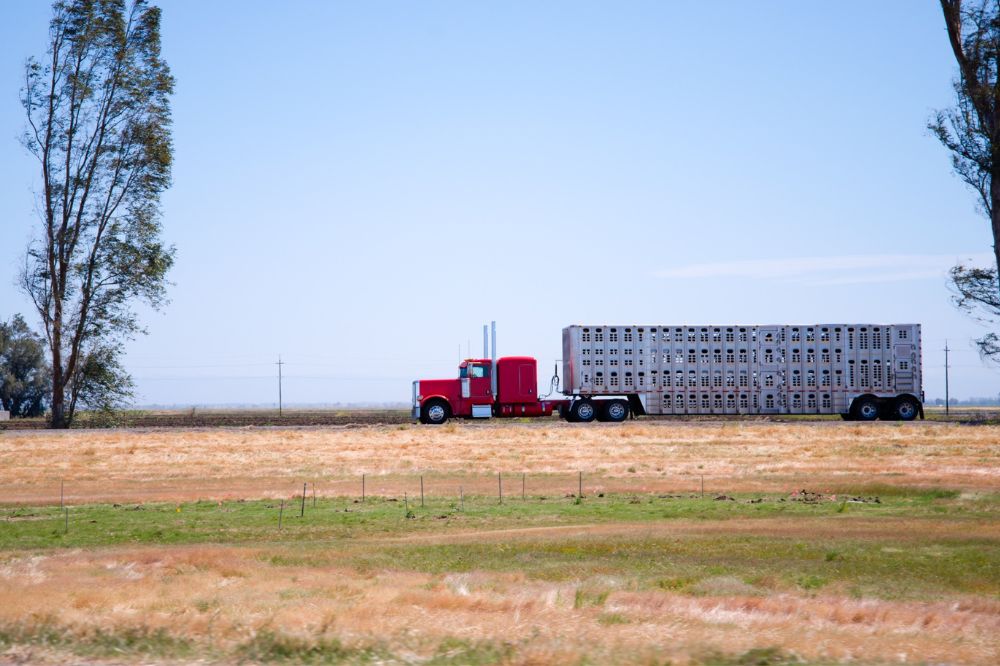Trucking is the backbone of the American supply chain, but just how big is the industry?
In short, the trucking industry is massive, and growing steadily.. Despite rising fuel costs and alternative transport networks, there is an enormous demand for truck drivers. Between the short-distance and the long-distance industry, truck driving forms an essential part of how the US operates.
Let’s explore some trucking industry statistics and insights in the guide below.
How Many Truck Drivers Are There in the US?
Right now, there are 3.5 million truck drivers operating in the US. This includes both employed truck drivers and owner-operators.
Of all these drivers in the US trucking industry, approximately 1.98 million employee truck drivers operate heavy and tractor-trailer vehicles. There are also around 57,500 light or delivery service truck drivers operating in the US.
The trucking transportation industry is an enormous part of the USA’s economy, and truck driving is one of the most popular jobs in the country. Between self-employed truck drivers, specialized trucking businesses, regular tractor-trailer truck drivers, and smaller trucking carriers, there is a wide range of job opportunities available as a truck driver in the US.
What Percentage of Truck Drivers are Owner Operators?
When looking at trucking industry statistics, approximately 10% to 15% of commercial trucks are driven by owner-operators. This means the vast majority of truck drivers in the US are employees of a trucking business.
Full-time trucking employment is appealing, as jobs are more stable and it’s easier to get into. You also don’t have to go through the process of purchasing your own semi-truck, marketing your business, and managing business finances and operations. Company drivers also get various perks, like health insurance.

However, being an owner-operator also has its perks, like the freedom of being your own boss, and the option to make more money than standard driver wages. Being an owner-operator also means you can be more specific about the truck driving jobs and clients you want your business to focus on.
How Many Trucking Companies Are There in the US?
Approximately 1.2 million companies operate in the trucking industry in the US right now. Needless to say, this is one of the country’s major industries.
American trucking associations and companies cover a wide range of trucking variations and are responsible for a massive amount of transport across the country. In fact, about 80% of the US heavily relies on and depends on trucking companies to transport their goods. As a truck driver, this is good news.
Is the Trucking Industry Growing?
The trucking sector in the US is expected to see a consistent growth rate of 6% from 2020 to 2030.
The US’s gross freight revenue was $940.8 billion, with the freight trucking market size estimated at $532.7 billion. This means trucking was responsible for 72.6% of America’s overland freight movement.
Are Truckers in Demand in the USA?
America is in major demand for truck drivers. In fact, there is a significant driver shortage across the country.
Right now, the country has a truck driver shortage of about 80,000 drivers, a number that is expected to reach around 160,000 by the year 2030. If this driver shortage continues, then fewer trucks will end up on the roads than what the industry predicts.
As long as there is a need for goods transportation in the US, there will be a strong demand for long-distance truckers. And with the growth of the trucking industry, there will be an increasing demand for drivers in the upcoming years.

How Many Truck Drivers Are Women?
Women in trucking represent 13.7% of the industry. While this is a low number, it is a definite improvement from previous years. Female truck drivers are also on the rise, with more women getting into the industry year after year.
This could be because of the truck driver shortage, an increasing number of owner-operator truckers, or because the industry is getting safer.
How Long Would it Take Someone to Become a Semi-Truck Driver in America?
Becoming a semi-truck driver in America typically involves several steps, and the time it takes to become a driver for a motor carrier can vary. Overall, becoming a semi-truck driver in America can take anywhere from a few months to a year or more, depending on your circumstances and employer requirements.
Here’s a general outline of the process:
- Meet Requirements: To become a semi-truck driver in the US, you must typically be at least 21 years old, have a valid driver’s license, and have a clean driving record.
- CDL Training: Aspiring truck drivers must enroll in a Commercial Driver’s License (CDL) training program. These programs vary in length but often last between 4 to 8 weeks. During CDL training, students learn about the operation of commercial vehicles, safety regulations, and driving techniques.
- CDL Exam: After completing training, students must pass a written knowledge test and a skills test administered by the Department of Motor Vehicles (DMV) or a third-party testing facility to obtain their CDL. This includes passing the necessary health requirements.
- Entry-Level Driving Experience: Many trucking companies require newly licensed drivers to gain experience before hiring them for long-haul routes. This often involves working as a local or regional driver for a few months at least.
- Specialized Training (Optional): Some companies may require or provide specialized training for certain types of freight or equipment, such as tanker trucks, refrigerated trailers, or hazardous materials transport.

Final Thoughts
The trucking industry is an enormous and essential part of the US economy. Without it, the country would struggle to transport goods across the country. The trucking industry is also incredibly diverse, with various types of trucking businesses and truck-driving formats in operation. This makes it an exciting industry for aspiring truck drivers to get into.
Are you considering starting a trucking business? Then you’ll need to get yourself the right semi-truck. Get in touch with us at Mission Financial Services, where we can help you get easy financing for your vehicle.


